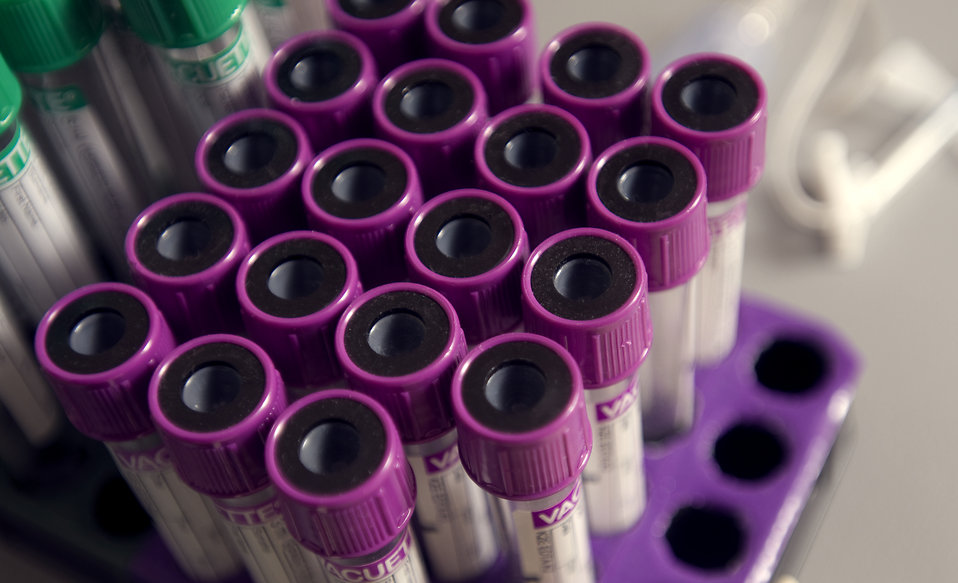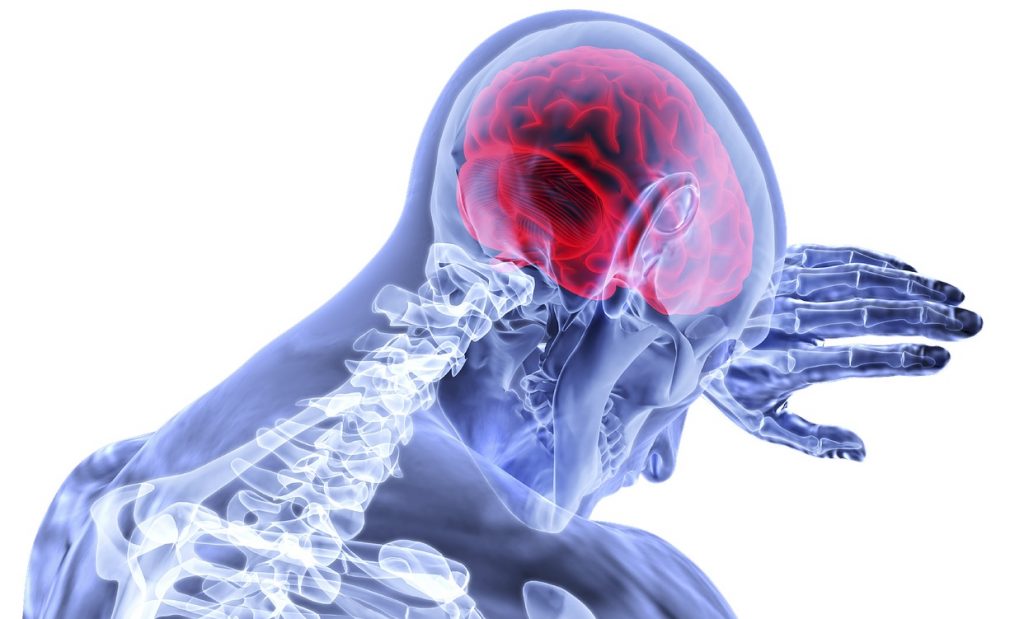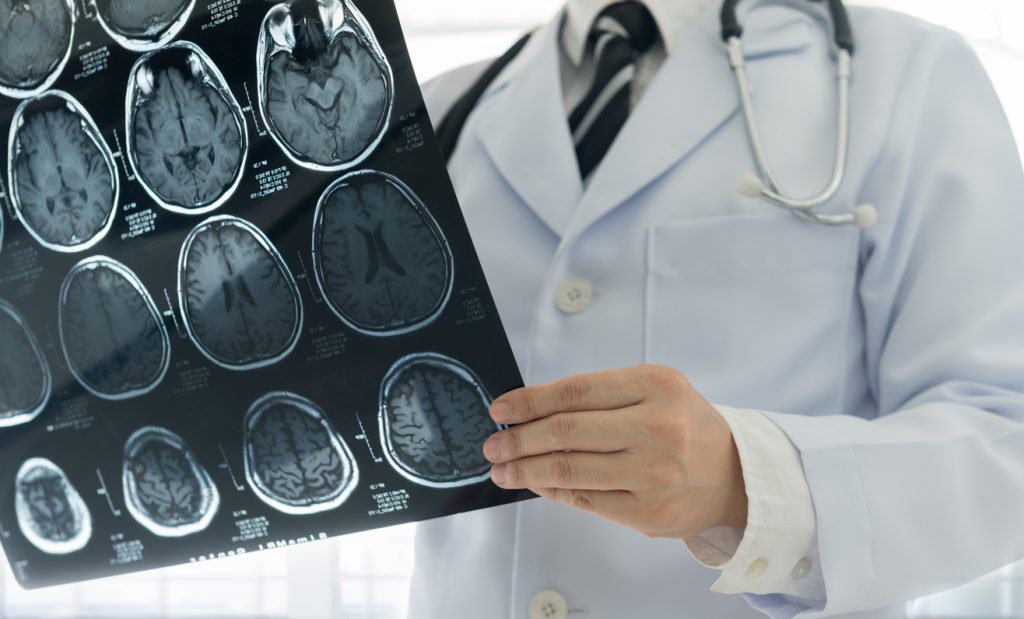The primary goal of this project is to demonstrate the feasibility and clinical benefits of a new rapid treatment for secondary treatment for secondary brain injury called Discrete Cerebral Hypothermia System by CoolSystems, Inc., Berkley, CA. This device induced hypothermia in the adult brain without significant whole body hypothermia. Discrete Cerebral Hypothermia System holds a great potential for protecting the brain from the devastating secondary complications of trauma without the associated deleterious system effects.
Official Title
Discrete Hypothermia in the Management of Traumatic Brain Injury.
Conditions
- Severe Traumatic Brain Injury
Study Type
Interventional
Study Design
Treatment, Randomised, Open Label, Factorial Assignment.
Further Details
Primary Outcome Measures:
- Perform a comparative analysis of outcome (Glasgow Outcome Score)
[Time Frame: Day 1, 2, 3, 7, 14, 21, and 28, and 1 month after injury]
Secondary Outcome Measures:
- The effectiveness of the Discrete Cerebral Hypothermia System by CoolSystems in maintaining a significant gradient between the core and brain temperatures in study population.
[Time Frame: within 3 days after injury]
[Designated as safety issue: No] - Functional Independence Measure
[Time Frame: Day 1, 2, 3, 7, 14, 21 and 28, and 1 month after injury]
[Designated as safety issue: No] - Mortality
[Time Frame: Day 1, 2, 3, 7, 14, 21 and 28, and 1 month after injury]
Designated as safety issue: No] - Confirm the effectiveness of the Discrete Cerebral System in reducing internal brain temperature
[Time Frame: within 3 days after injury]
[Designated as safety issue: No]
Study Start
July 2006
Eligibility & Criteria
-
Ages Eligible for Study: 18 years and older
-
Genders Eligible for Study: Both
-
Accepts Healthy Volunteers: No
Inclusion Criteria:
- Patient is treated for severe traumatic brain injury at Grady Health System, GCS < 8
- Patient is >18 years of age
- Patient requires an Intracranial Pressure (ICP) Probe (part of their routine treatment)
- Patient is able to receive Discrete Cerebral Hypothermia within 48-hours of hospital admission
- Patient and/or guardian must speak English (in order to ensure proper Informed Consent)
- Patient and/or guardian/family must sign an Informed Consent
Exclusion Criteria:
- Unwillingness or inability of patient and/or guardian/ family to sign an informed consent
- Physical placement of cooling cap impedes routine treatment
- Patient has a core body temperature of 36 degrees C or less at time of assessment.
Total Enrolment
25
Contact Details
Odette A Harris (MD, MPH)
Emory University
Location:
Emory University School of Medicine
Grady Health System campus
Atlanta, Georgia
United States, 30303
All content and media on the HealthEngine Blog is created and published online for informational purposes only. It is not intended to be a substitute for professional medical advice and should not be relied on as health or personal advice. Always seek the guidance of your doctor or other qualified health professional with any questions you may have regarding your health or a medical condition. Never disregard the advice of a medical professional, or delay in seeking it because of something you have read on this Website. If you think you may have a medical emergency, call your doctor, go to the nearest hospital emergency department, or call the emergency services immediately.







